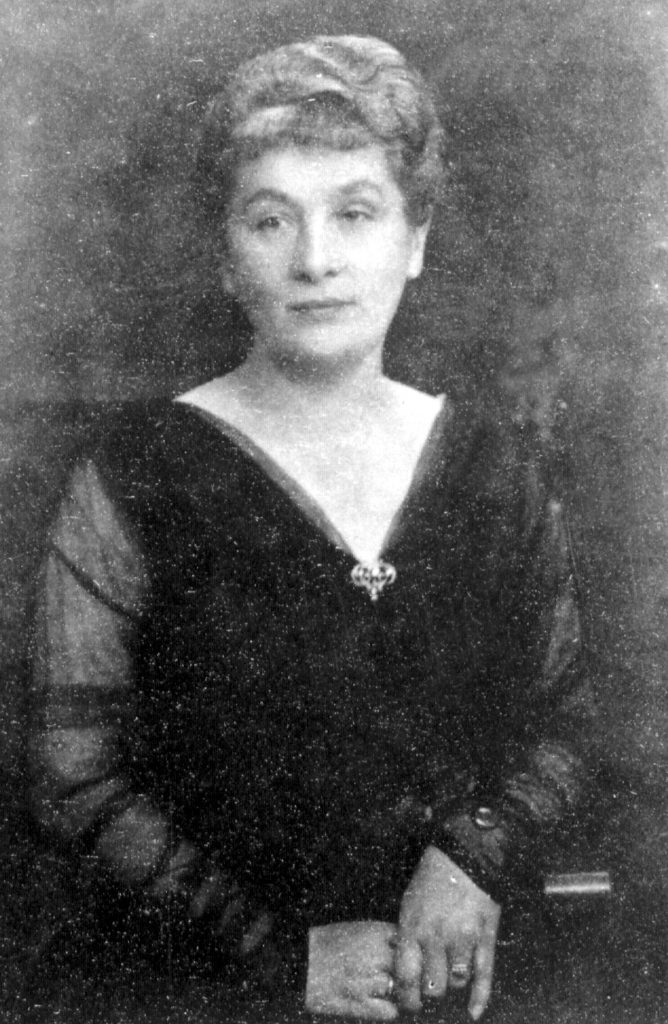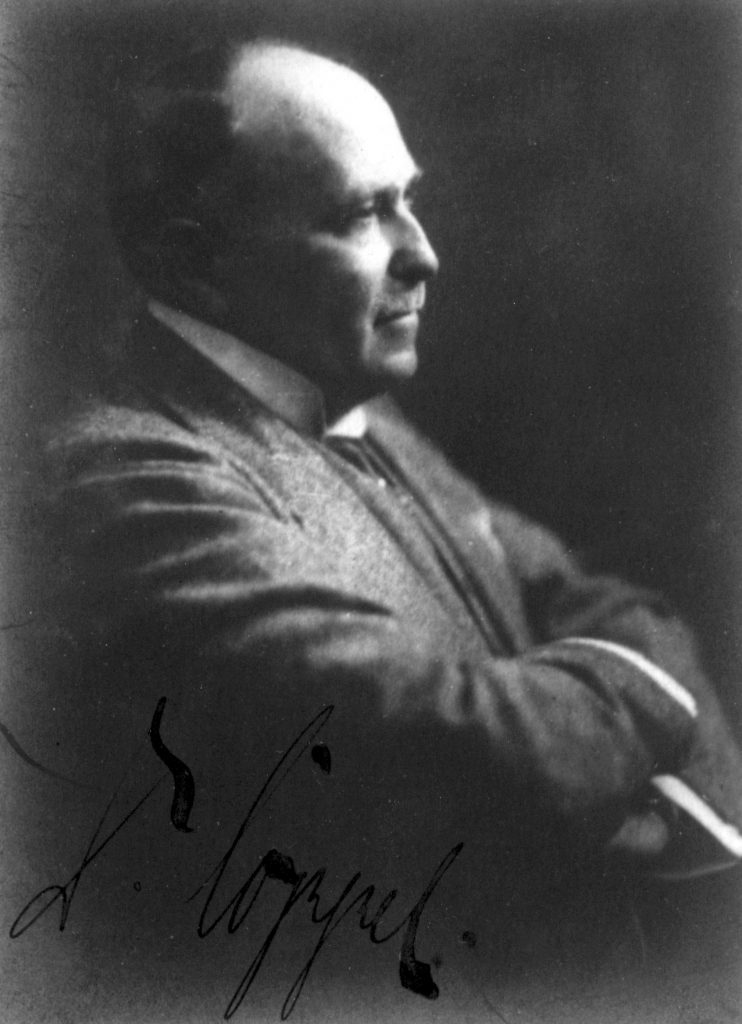“Dear Else, be sensible and think of your fragile nerves; there is no point in getting too excited. To bear the inevitable with dignity is the only thing we can do now; if we’re lucky, we will be able to bear it like our brothers,” Jenny Giesenow wrote in her last letter to her daughter Else before her deportation.
On July 21, 1942, six Jews from Solingen, including Jenny Giesenow and her husband, were deported from Solingen to the Theresienstadt ghetto, along with another ten who were meanwhile living in the Jewish retirement home in Wuppertal-Elberfeld. Only Wilma Selig, née Leven, survived.
On July 15, 1942, Dr. Alexander Coppel noted: “I had never reckoned with the possibility that I would have to leave the place of happiness before my death. It is a sanctuary to me. I walk a difficult path, but I know that my God, in whom I trust, will not leave me.” He survived the Theresienstadt ghetto by only two weeks.
As early as October 1941, sixteen Jews from Solingen had been deported to the Lodz ghetto. None of them survived. The seven Jewish spouses living in “mixed marriages,” who had been brought to Theresienstadt in September 1944, all survived.


Timeline Solingen
- ↑ The end of the war in Solingen – April 17, 1945
- ↓ The Pogrom on Pfaffenberger Weg in Solingen – July 13, 1941
